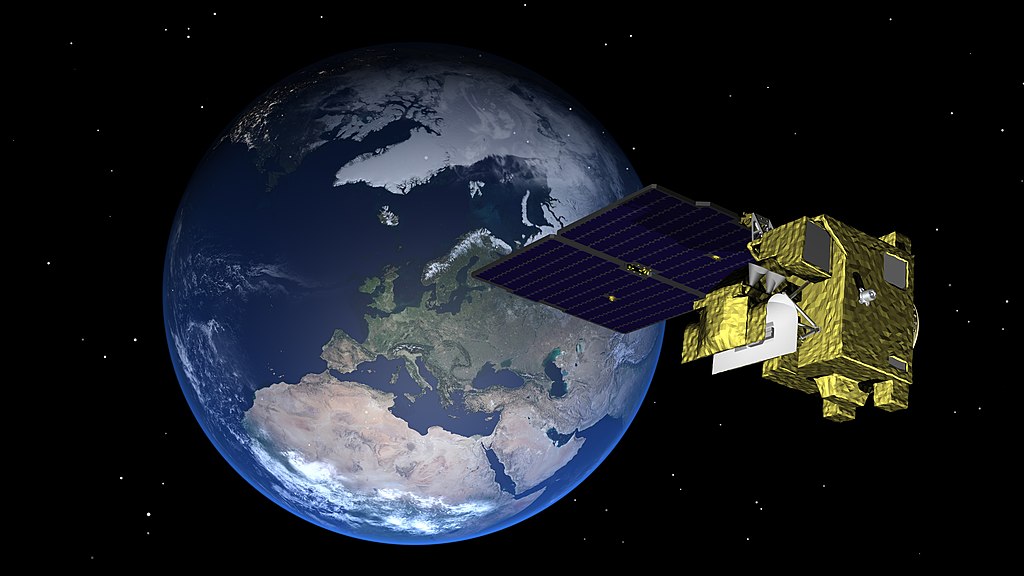
MicroCarb
MicroCarb
Mission Summary
MicroCarb, a joint British–French satellite dedicated to monitoring atmospheric carbon dioxide — the main greenhouse gas responsible for climate change.
The Microcarb Mission aims to quantify sources and sinks of carbon dioxide (CO2) — the principal greenhouse gas — on a global scale. It will gauge how much carbon is being absorbed by oceans and forests, the main sinks on the planet, and emitted by natural processes and human activities.
Currently, a lack of data makes it difficult to measure how much CO2 is absorbed by and released into the atmosphere, but such information is vital to gain deeper insights into natural carbon fluxes and inform climate models.
Video caption: MicroCarb is the first European mission designed to map sources of carbon dioxide (CO2) concentrations on a global and city scale. It will be able to model where concentrations of CO2 are coming from and where they are going to i.e. where CO2 is emitted and where it is taken up by the world’s forests and oceans.
“Data from MicroCarb will play a crucial role in extending our current ability to verify reductions in global and national emissions of CO2 in response to the demands of the Paris Agreement.
Professor Paul Palmer, UK Lead MicroCarb Scientist and NCEO Science Director based at the University of Edinburgh
NCEO’s role in the mission
NCEO scientists at the universities of Leicester and Edinburgh, will help develop the core data products and translate observations of atmospheric CO2 into maps that show carbon sources and sinks.
Scientists from the NCEO at the University of Leicester have also worked on the mission’s Solar Induced Fluorescence (SIF) retrieval algorithm, a proxy for photosynthetic activity, which can provide key information on the carbon cycle, complementing that from CO2 observations.
Instrument payload
The primary instrument aboard MicroCarb is a dispersive spectrometer. The instrument utilizes the principle of spectrometry to measure the concentration of carbon dioxide in Earth’s atmosphere.
Mission facts
- Provisional Launch Date: 2025
- Mission duration: 5 years
- Orbit: sun-synchronous orbit, 650km above the Earth
- Mission Advisory Group members: Professor Paul Palmer, NCEO Science Director based at the University of Edinburgh is UK Lead MicroCarb Scientist. Dr Robert Parker, NCEO Research Fellow, is a MicroCarb Mission Advisory Group Member.
- Funding Agency: CNES (France), EU and additional funding from UK Space Agency

